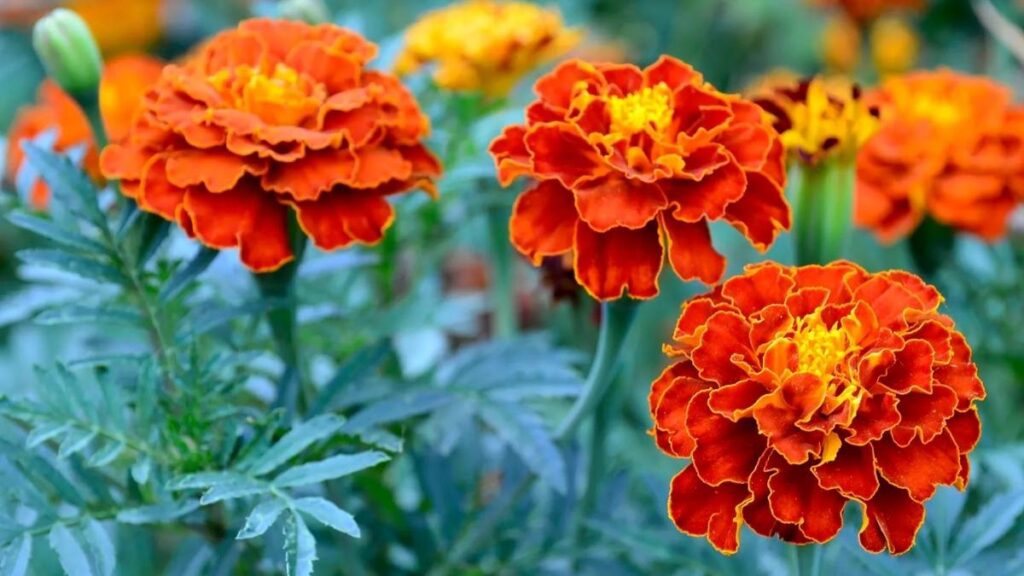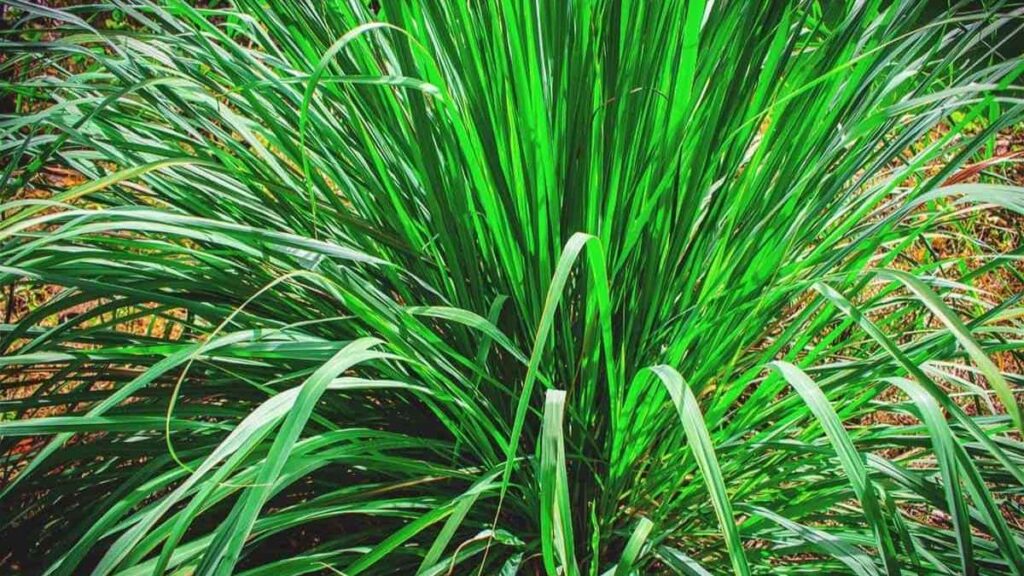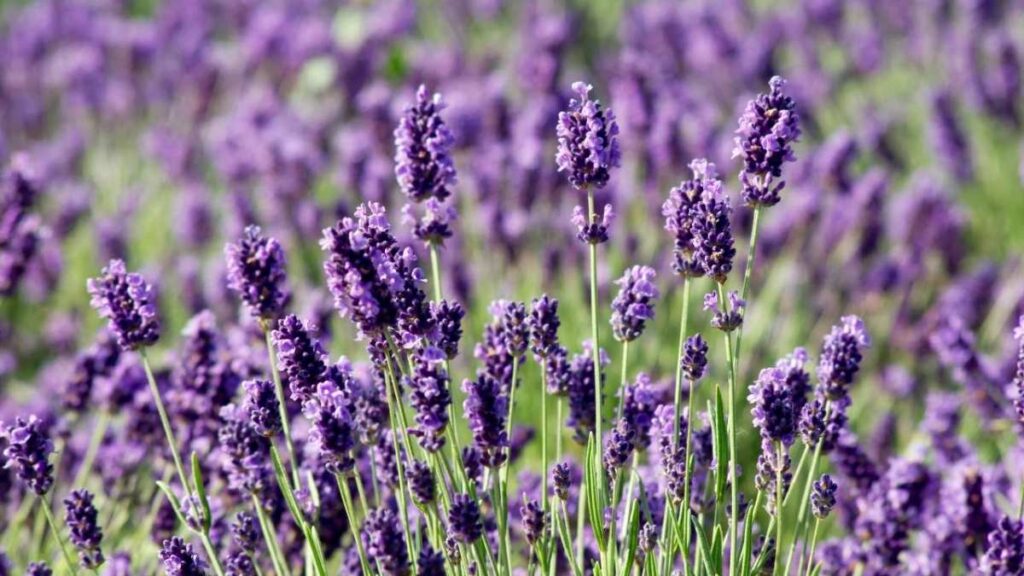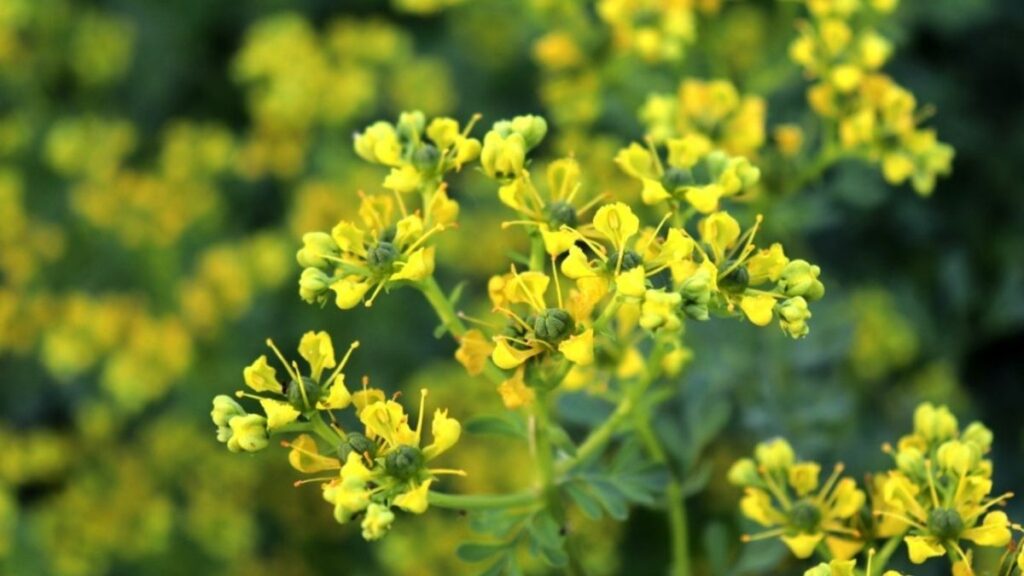Snakes can be a serious concern for gardeners, especially in areas where they are commonly found. Whether you’re an avid gardener or just someone who enjoys spending time outdoors, keeping snakes away from your garden is important for safety and peace of mind. While some people rely on repellents or physical barriers, using plants that naturally repel snakes is a great way to protect your garden. In this article, we’ll explore the top 10 snake-repelling plants that not only offer protection but also add beauty and functionality to your outdoor space.
1. Marigolds (Tagetes spp.)

Marigolds are not only colorful and easy to grow but also serve as an effective natural snake repellent. The strong scent of marigolds is believed to deter snakes, particularly species like garter snakes. Marigolds can be planted along the edges of your garden or around the perimeter of your home to create a barrier against snakes. Additionally, their vibrant colors can brighten up any garden space.
How to Grow Marigolds:
- Plant marigolds in well-drained soil with good sunlight.
- Space them about 10-12 inches apart to allow for growth.
- Water regularly but avoid waterlogging.
- Deadhead spent blooms to encourage continuous flowering.
2. Mother-in-Law’s Tongue (Sansevieria trifasciata)
Also known as snake plant, the Mother-in-Law’s Tongue has a reputation for its ability to repel snakes. The plant’s strong scent and stiff, upright leaves are said to make it unappealing to snakes. Moreover, it’s an excellent low-maintenance houseplant that can also be grown outdoors in certain climates. Whether you’re planting it in pots or directly in the ground, the snake plant is a great option for deterring reptiles.
How to Grow Mother-in-Law’s Tongue:
- Plant in well-drained soil with indirect sunlight.
- Water only when the soil is dry to the touch; these plants are drought-tolerant.
- Avoid overwatering, as the plant is prone to root rot.
- Use a pot with drainage holes if growing in containers.
3. Lemongrass (Cymbopogon citratus)

Lemongrass is known for its fresh citrus scent, which is known to be unpleasant to snakes. It’s a fragrant plant that thrives in warm, sunny conditions, making it ideal for use in a garden. The strong smell of lemongrass is thought to confuse and repel snakes, preventing them from making their way into your garden. In addition to its snake-repelling qualities, lemongrass is also a useful herb for cooking and making teas.
How to Grow Lemongrass:
- Plant in full sunlight in well-drained, slightly acidic soil.
- Space plants about 12-18 inches apart to allow for spreading.
- Water regularly, especially in dry weather, but avoid waterlogging.
- Cut back any old or damaged growth in early spring to promote fresh growth.
4. Garlic (Allium sativum)
Garlic is another plant that can help keep snakes away due to its strong odor. Snakes are highly sensitive to smells, and garlic’s pungent aroma is said to be a deterrent. Planting garlic around your garden or even near entry points to your home can help reduce the likelihood of a snake encounter. Garlic is also a versatile plant in the kitchen, making it a practical and functional addition to any garden.
How to Grow Garlic:
- Plant garlic cloves in well-drained, fertile soil with full sunlight.
- Space cloves about 4-6 inches apart, with the pointed end facing up.
- Water the plants sparingly, ensuring the soil stays moist but not soggy.
- Harvest garlic in late spring or early summer when the leaves start to yellow.
5. Wormwood (Artemisia absinthium)

Wormwood is an herb known for its ability to repel not only snakes but also a variety of other pests, including insects and rodents. The strong, bitter scent of wormwood is disliked by snakes, making it an effective natural repellent. This plant thrives in well-drained soil and full sun, making it a great addition to a low-maintenance garden. Be mindful, though, as wormwood can spread quickly and may need to be contained to prevent it from overtaking your garden.
How to Grow Wormwood:
- Plant in well-drained, slightly alkaline soil with full sun.
- Space plants about 18-24 inches apart, as wormwood can spread.
- Water only when the soil is dry to the touch; it prefers dry conditions.
- Prune the plant back to control its growth and prevent over-spreading.
6. Tansy (Tanacetum vulgare)
Tansy is another herbaceous plant that works well as a snake repellent. Its pungent odor and bitter taste make it unappealing to snakes. Tansy is also known for its medicinal properties and its ability to repel other pests, including ants and mosquitoes. Planting tansy around the perimeter of your garden can help create a natural barrier against snakes. Tansy prefers full sun and well-drained soil, making it easy to grow in many garden settings.
How to Grow Tansy:
- Plant tansy in full sun and well-drained soil.
- Space plants about 18-24 inches apart to accommodate growth.
- Water moderately but ensure the soil does not stay too wet.
- Deadhead spent flowers to encourage further blooming.
7. Lavender (Lavandula spp.)

Lavender is a well-loved herb for its calming fragrance, but it also has a practical use when it comes to snake deterrence. The strong scent of lavender can confuse and repel snakes, particularly when planted in clusters. Lavender is a hardy plant that thrives in dry, well-drained soil and full sun, making it a great choice for many garden types. In addition to its snake-repelling properties, lavender attracts beneficial pollinators like bees and butterflies.
How to Grow Lavender:
- Plant in well-drained, sandy or gravelly soil with full sunlight.
- Space plants about 12-18 inches apart.
- Water sparingly and allow the soil to dry out between waterings.
- Prune after flowering to encourage bushy growth and to maintain shape.
8. Basil (Ocimum basilicum)
Basil is not only a culinary favorite but also a great natural snake repellent. Its strong scent is said to repel snakes, making it a useful plant to grow around the edges of your garden or near your home’s entry points. Basil is easy to grow in containers or directly in the ground, and it prefers sunny spots with well-drained soil. With its fragrant leaves and edible qualities, basil serves double duty in the garden.
How to Grow Basil:
- Plant in well-drained, fertile soil with full sun.
- Space plants 12-18 inches apart.
- Water regularly, ensuring the soil stays consistently moist but not soggy.
- Pinch off flowers as they appear to promote leaf production.
9. Rue (Ruta graveolens)

Rue is a hardy perennial plant known for its pungent, bitter odor, which is highly effective at deterring snakes. The scent is unpleasant to most reptiles, making it a great option for gardeners looking to protect their space from these creatures. Rue thrives in well-drained soil and full sun, and it’s a relatively low-maintenance plant. Additionally, rue is a great herb for making natural insect repellents.
How to Grow Rue:
- Plant rue in well-drained soil with full sun exposure.
- Space plants about 18-24 inches apart.
- Water sparingly, as rue is drought-tolerant once established.
- Cut back damaged or dead growth to encourage healthy new shoots.
10. Pennyroyal (Mentha pulegium)
Pennyroyal, a member of the mint family, is another effective snake-repelling plant. Its strong minty aroma is disliked by snakes and other pests. Pennyroyal is an easy-to-grow plant that thrives in moist, well-drained soil and partial shade. Keep in mind that pennyroyal can spread quickly, so it’s best to plant it in containers or confined spaces to prevent it from overtaking your garden. Its vibrant green foliage and aromatic leaves add a refreshing touch to any garden.
How to Grow Pennyroyal:
- Plant in moist, well-drained soil with partial to full sun.
- Space plants about 12 inches apart to prevent overcrowding.
- Water regularly but ensure the soil doesn’t become too soggy.
- Contain its growth by planting it in pots or raised beds to prevent it from becoming invasive.
Conclusion
Using plants to naturally repel snakes is a safe and eco-friendly way to protect your garden. These plants not only deter snakes but also enhance your outdoor space with their beauty and functionality. Whether you choose to plant marigolds for their bright colors or garlic for its strong scent, incorporating these snake-repelling plants into your garden can help create a safe and inviting environment. Keep in mind that while these plants can deter snakes, they may not provide 100% protection, so it’s always best to combine them with other preventative measures, such as clearing debris and sealing entry points. With the right combination of plants and care, you can enjoy your garden without worrying about unwanted reptilian visitors.




